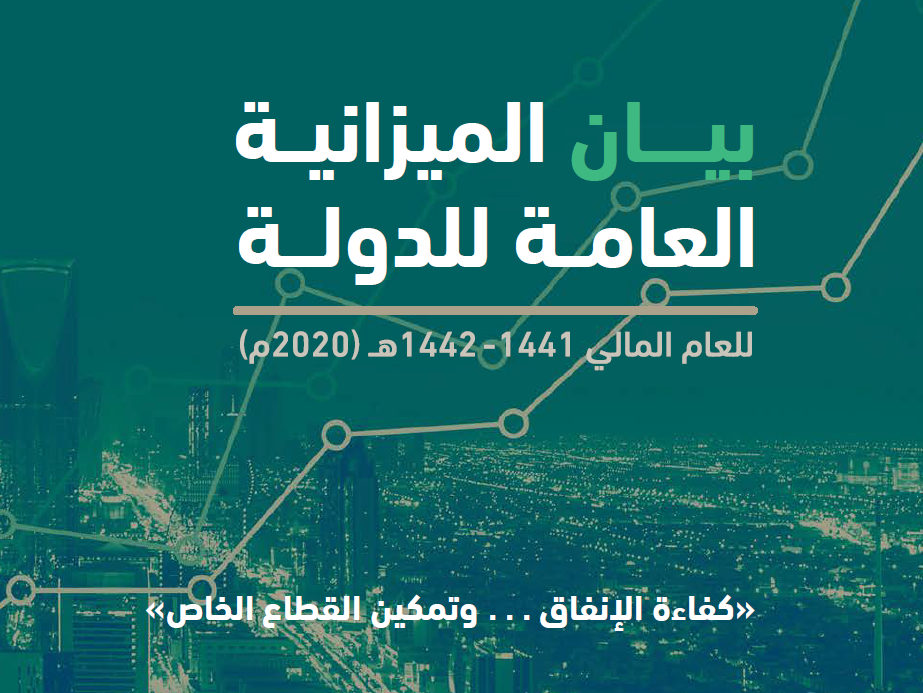With Moody’s rating and the drop in the oil price, Saudi Arabia will be in a good position unless it approves an expansionary budget

With the recent decline in oil prices, there is a discussion in local and international circles about the future of Saudi public finance policy with the consequences of the Corona crisis, and whether Saudi Arabia will be forced to withdraw more from the cash reserves to address the deficit in the government’s general budget during the current year and the coming years.
Withdrawing from the reserve or borrowing to cover the deficit
Some foreign media outlets still focus on the issue of foreign reserves for Saudi Arabia and the Gulf states whenever oil prices fall and talk becomes focused on the state’s general budget deficit and the few remaining years before the state goes bankrupt or is exposed to a public financial crisis. But thanks to the fiscal balance program and Saudi Vision 2030, when the state’s general budget was reformed and became more responsible, borrowing was added as an additional source of financing the general budget in addition to oil revenues.
The dynamism of the budget and the diversification of its funding sources put it in a better position than just relying on reserves, as it is possible to borrow twice the volume of the current debt without this being a significant burden on the budget, as the annual financing costs are estimated at about 20 billion riyals for a public debt of less than 724 billion until the end of the quarter. The first of the year 2020 AD.
A table showing the actual expenditures for the first quarter of the fiscal year 2020 AD, including financing expenditures for public debt

Returning to an expansionary budget that is more dangerous than the drop in oil revenues
Under its current conditions, the Saudi public budget cannot grow more than a trillion riyals annually because it simply relies on oil revenues to finance it mainly, as it still constitutes about two-thirds of its total revenues, and any attempt to increase the budget in this direction will raise the expected annual deficit and reduce the period available to Saudi Arabia to raise non-oil revenues before 2030. As you have noticed, the financial balance year has been extended from 2020 to 2023 AD, and according to my perception, it will be extended again beyond 2025 AD.

Continuing to improve spending efficiency to address the expected deficit after the Corona crisis
The economic effects of the Corona crisis on Saudi Arabia will be direct, as it is expected that there will be a recession this year, including the non-oil sector (according to the statement of the Minister of Finance). Therefore, we need to be more innovative during the coming period when dealing with the consequences of the crisis, especially taking into account the continued adoption of The private sector on government subsidies and exchange!
According to my perception, the most appropriate solution is to continue improving the efficiency of spending by using unconventional methods and thinking outside the box, in addition to re-implementing the idea of “private sector participation” properly so that it does not require government support, and to focus on the participation of the “private sector” and not the participation of “sector companies.” Private” in order to achieve the goals of Saudi Vision 2030 AD.